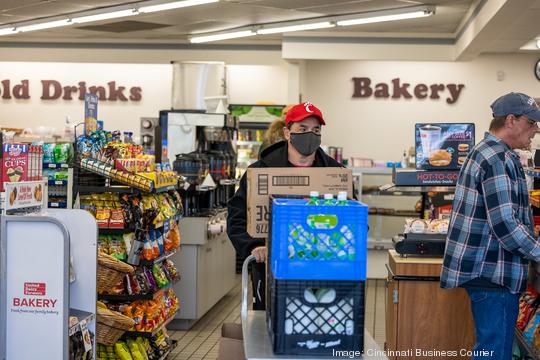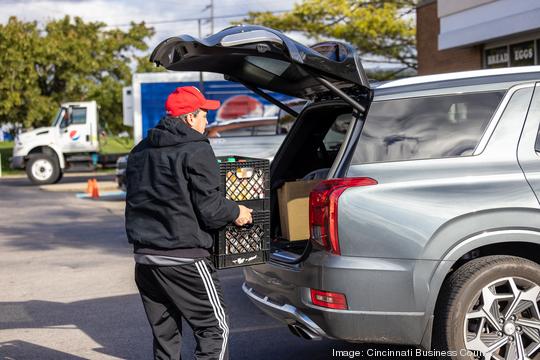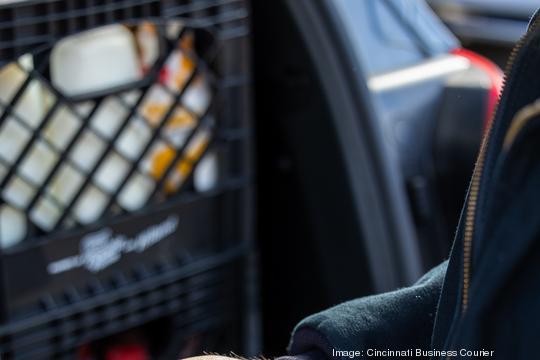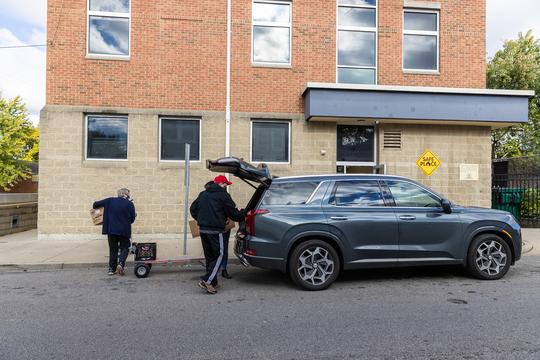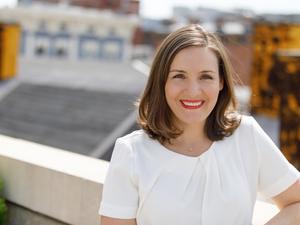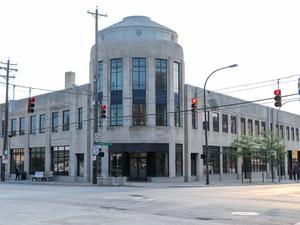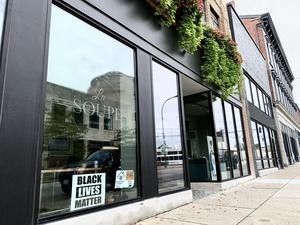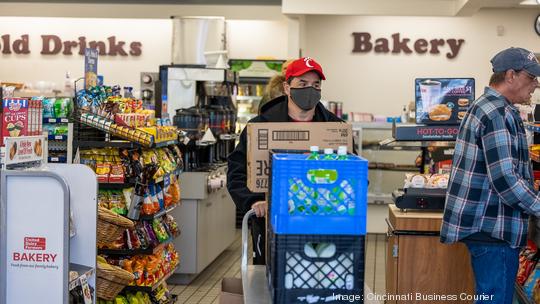
Julie Shifman is not the kind of person to back down from a challenge. When she saw an opportunity to launch a new nonprofit — Last Mile Food Rescue, which uses tech to rescue perishable food to distribute to those in need — she jumped at the chance, leaving her job to focus on the new venture full time.
Then the Covid-19 pandemic hit.
The idea had to be shelved, at least temporarily, but has seen a massive resurgence since its first rescue in November 2020. Last Mile — thanks to several pivots and a dash of persistence — also shattered its initial rescue goals along the way.
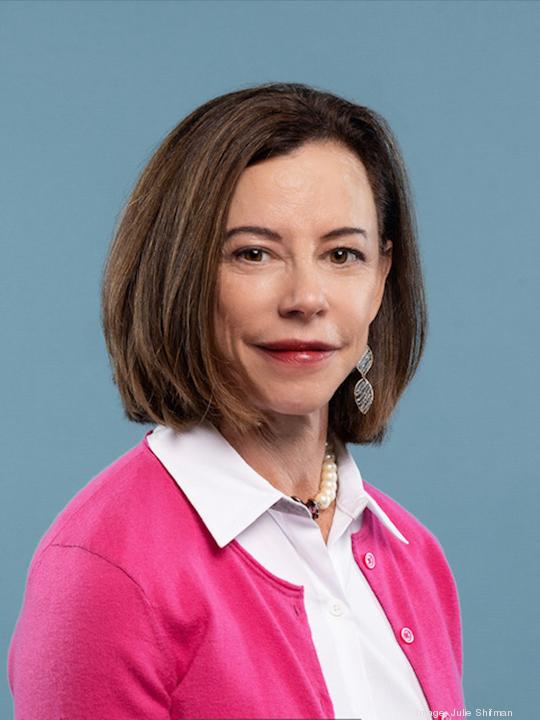
“You look back in hindsight, and it always seems way easier than it actually was,” Shifman said. “When we first launched, it was just one hurdle after another. I just thought if no one else was doing this, if I fail, what’s the worst that happens? I’m at the point in my career where failure doesn’t scare me anymore.”
Last Mile is Cincinnati’s first large-scale point-to-point food rescue operation — there are only a few organizations like it nationwide.
By the numbers
Last Mile's mission is to save good food and get it to those who need it most. Using tech, the organization connects food donors with nonprofits who distribute to the food insecure. It launched in November 2020
- Rescues: 8,434
- Amounts: 1.46 million pounds of food, or 1.21 million meals
- Donors: 182
- Nonprofits: 132
- Volunteers: 728
Shifman, a former attorney and longtime Greater Cincinnati nonprofit leader who has worked for a Adopt a Class, United Way, Talbert House, Cincinnati Ballet and the YWCA, came up with the idea for Last Mile after a phone call with her sister, who lives in Georgia. She was in line to pick up food — which would have otherwise been discarded — from the Atlanta Braves stadium. The final destination: A boys and girls club nearby.
The idea, Shifman said, completely fascinated her.
“It just hit me over the head," Shifman said. "It makes no sense that in Greater Cincinnati, with our level of poverty, we don’t have large-scale food rescue to help feed people. The idea literally turned my stomach.”
Last Mile Food Rescue
Shifman co-founded Last Mile with Tom Fernandez, a manager of the Minority Business Accelerator at the Cincinnati USA Regional Chamber, and borrowed lessons learned from similar rescue groups in Pittsburgh, Cleveland and Washington, D.C. Shifman left her job at Adopt a Class March 8, 2020 to focus fully on Last Mile — days before the world shut down amid a global pandemic.
Shifman had to toss her initial laundry list of places from which to rescue food — sports stadiums and the convention center, of course, closed due to Covid-19 — but she gradually found other targets. She said Flywheel’s SustainableCincy accelerator, which Last Mile joined just prior to its pilot, gave the nonprofit a chance to slow down.
Using an app, Last Mile volunteers can search for rescues nearby. They pick up food from grocers, hotels or corporate cafeterias — because a store or vendor overbought or because the items are nearing their sell-by date — and deliver that fresh fruit, dairy, bread and more to soup kitchens, homeless shelters, food pantries, senior service centers, daycares and schools.
The goal is for the food to be consumed within 24-48 hours.
The concept grown exponentially since its launch. The organization, to date, has rescued more than 1.45 million pounds of food, the equivalent of 1.21 million meals. That's more than quadruple the initial goal of 350,000 pounds.
“It’s a lot of food that was otherwise being thrown away,” Shifman said. “It’s boxes and boxes of fresh produce — melons and raspberries and lettuce. The quality is outstanding.”
Last Mile success hedges on the fact it serves a niche that other organizations can’t. Freestore Foodbank, for example, won’t use its semi-trucks to pick up a few gallons of milk, Shifman said. La Soupe rescues food to create healthy meals for more than 100 partner agencies, but Last Mile can scale differently because it doesn’t need access to refrigeration or to hire chefs.
Last Mile, which is based at HCDC, a Norwood-based incubator, has also collaborated with some of Cincinnati’s most prominent companies to create a model that works for them, Shifman said. So far this year, Last Mile has rescued food from 181 different donors. Among its largest: Wilder-based Castellini Company, Kroger and UDF.
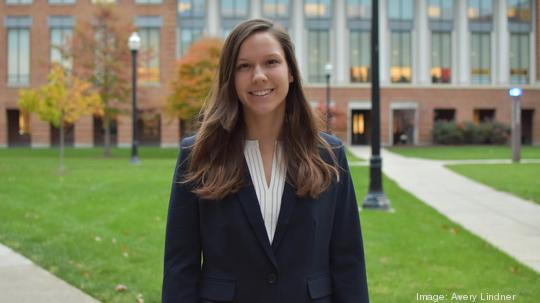
Last Mile’s partnership with UDF initially included 10 stores. That’s since expanded to 70 and counting, Avery Lindner, UDF's food donation coordinator, said. Picked up items include grab-and-go sandwiches, fruit, eggs, donuts and more. Milk, a UDF staple, is one of the most requested items from food pantries. But given its perishable nature and the expense, it's an item difficult to deliver via other means.
“They were exactly what we were looking for,” Lindner said. “They’ve saved a crazy amount of food. It’s so easy, and all our managers have been excited about it. Some of them have been food-insecure in the past, so it means a lot to them.”
Shifman has big growth goals going forward. Last Mile will increase its budget from $350,000 to $600,000 next year, she said. Last Mile will also look to double the amount of food rescued, for about 2.5-3 million pounds.
That means more volunteers. More than 700 people have done at least one rescue with the group.
The organization will also need to be more strategic and invest in technology, Shifman said.
Last Mile licenses its app from a Pittsburgh-based food rescue group. Shifman said it’s great for managing volunteers. But the hardest job is matching food to a nonprofit group that can use it quickly.
Currently, staff is doing that manually. Last Mile could be the organization to build that technology out — if it can find the capital to do so.
“No other city has it,” Shifman said. “Typically, funders aren’t interested in funding tech (for nonprofits), but we can’t scale without it. We’re going to be (rescuing) 5 million pounds in four years. You can’t do 5 million pounds of matching manually. That’s going to be a big ask of the community, but I fully expect Greater Cincinnati will be behind us.”
